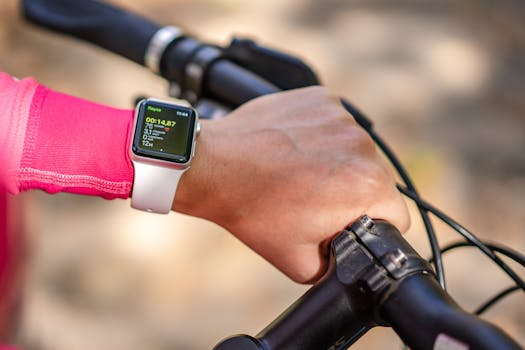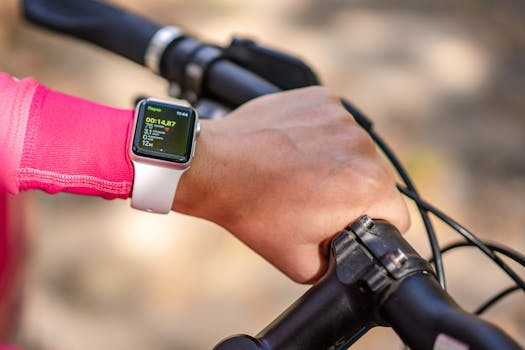
Table of Contents
- Smart Home Devices
- Wearable Technology
- Health and Fitness Apps
- Virtual Reality and Augmented Reality
- Artificial Intelligence in Daily Life
Smart Home Devices
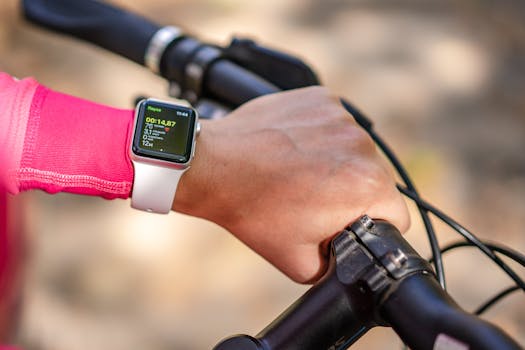

Consider the benefits of a smart thermostat. Not only can it adjust the temperature based on your habits, but it can also help reduce energy bills significantly. For instance, the Nest Learning Thermostat can save you an average of 10-12% on heating and 15% on cooling costs. Similarly, smart lighting systems like Philips Hue allow you to control the ambiance of your home through voice commands or mobile apps, creating the perfect environment for relaxation or productivity.
Wearable Technology

Moreover, wearables are becoming increasingly sophisticated, incorporating features such as ECG monitoring and blood oxygen level tracking. This kind of proactive health management empowers users to make informed decisions about their health and fitness routines. For instance, if a wearable detects irregular heart rhythms, it can alert the user to seek medical advice, potentially preventing serious health issues.
Health and Fitness Apps
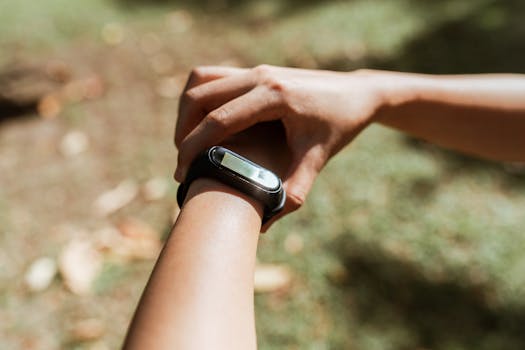
Additionally, apps like Headspace and Calm provide guided meditation and mindfulness exercises, addressing mental health and stress management. The convenience of having these resources at our fingertips means that we can prioritize our well-being amidst busy schedules. Furthermore, many fitness apps offer community features, allowing users to connect with others, share progress, and motivate one another.
Virtual Reality and Augmented Reality

On the other hand, AR enhances our real-world experiences by overlaying digital information. Applications like Pokémon GO have demonstrated the potential of AR to encourage physical activity and social interaction. In fitness, AR can be used to create interactive workout experiences, guiding users through exercises while providing real-time feedback on their form and performance.
Artificial Intelligence in Daily Life
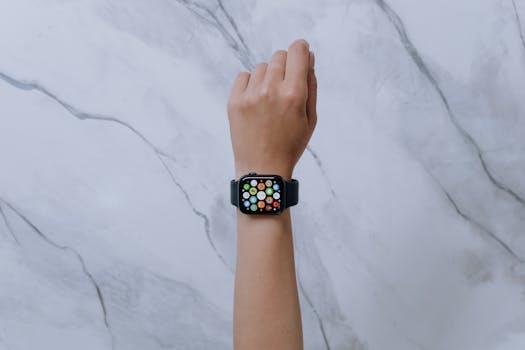
AI is also making waves in health care, with applications that can analyze medical data to provide better diagnosis and treatment options. For instance, AI algorithms can predict potential health risks based on genetic information and lifestyle choices, allowing for personalized health plans. This kind of technology not only enhances convenience but also significantly improves outcomes in our daily lives.

